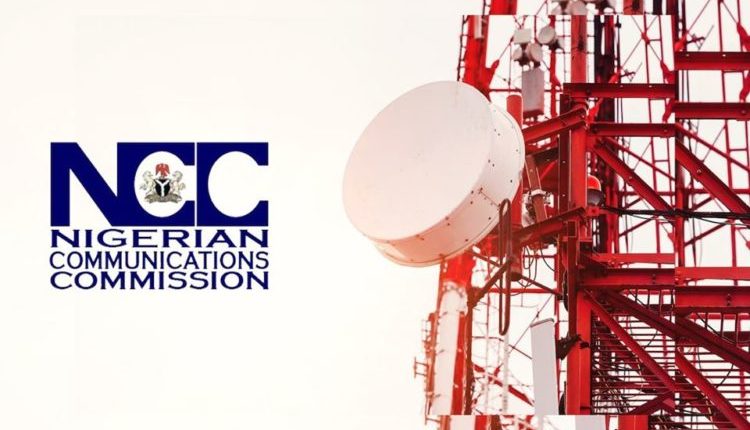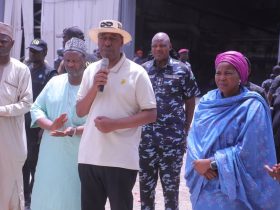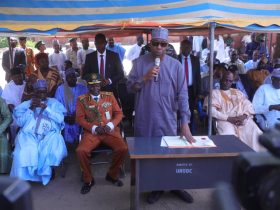The Nigerian Communications Commission (NCC) has issued a new directive requiring all licensed telecom operators in Nigeria to notify consumers of major service outages through public media platforms. The notice must include the cause of the disruption, the affected areas, and the estimated time for service restoration.
This directive, titled “Directive on Reportage of Major Network Outages by Mobile Network Operators (MNOs),” aims to improve transparency, promote accountability, and enhance the quality of service for telecom users across the country.
A statement signed by the Acting Head of Public Affairs at the NCC, Mrs. Nnenna Ukoha, emphasized that consumers must be informed at least one week in advance of any planned service outages. The directive applies to Mobile Network Operators, Internet Service Providers, and all licensees delivering last-mile connectivity services.
Where a major outage persists beyond 24 hours, affected consumers are entitled to proportionate compensation—including service validity extensions—according to the Consumer Code of Practice Regulations.
The NCC defines a “major network outage” as:
Any incident affecting 5% or more of an operator’s subscriber base or impacting five or more Local Government Areas (LGAs), including fibre cuts, vandalism, or force majeure.
Outages involving 100 or more network sites, or 5% of total network sites, or the failure of a single network cluster lasting 30 minutes or more.
Any network degradation in the top 10 states by traffic volume, as designated periodically by the Commission.
To enforce compliance and ensure public access to information, the NCC has launched a Major Outage Reporting Portal via its official website (www.ncc.gov.ng). The portal allows the public to monitor reported outages and includes the identities of entities responsible for service disruptions, particularly in cases of sabotage or vandalism.
According to Engr. Edoyemi Ogor, Director of Technical Standards and Network Integrity at the NCC, the reporting system was piloted with telecom operators before the directive was formally issued.
“By providing consumers and stakeholders with timely and transparent information on network outages, we are entrenching a culture of accountability and ensuring that those responsible for network sabotage are held accountable,” Ogor said.
He further stated that the initiative supports the implementation of the Executive Order signed by President Bola Ahmed Tinubu, which classifies telecom infrastructure as Critical National Information Infrastructure (CNII). This status underscores the strategic importance of telecom assets to Nigeria’s national security, economic resilience, and digital development.












Leave a Reply